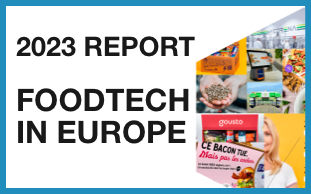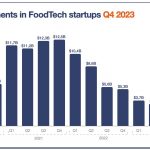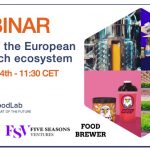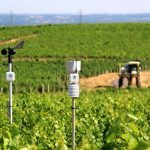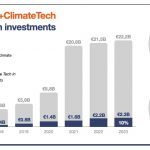I know the context around alternative proteins may not seem particularly bright. Plant-based sales are declining and well-know startups are shutting down. However, here the idea is to look beyond the noise. And, actually, things are moving forward for disruptive alternatives to animal proteins. After years of private demo events, delays and speculation, many long-awaited innovations are on the verge of being much more accessible, from cultivated meat and cheese created through precision fermentation in the US to ice cream made from thin air in Singapore.
Two things are happening simultaneously. First, in the last couple of weeks, three alternative protein startups working on unrelated technologies made significant announcements:
- Upside Foods, a US startup using cellular agriculture to recreate meat, moved one step forward to be authorised to sell its products in the USA.
- New Culture, also a US startup, said it was launching the first cheese using casein created through precision fermentation. Until now, only whey protein created through the same process was available. This is kind of a big deal, as most cheese and creamy products require casein to be made. And if you prefer plant-based products, Climax, again another US startup, announced a new casein alternative made with plants through artificial intelligence.
- Solar Foods, a Finnish startup using biomass fermentation to “transform” captured carbon into protein, announced that its first product, an ice cream, was now available in Singapore.
As you can see, these are mostly demo or pre-launch events, with startups announcing their products. However, it is meaningful that many are doing so at the exact same moment.

Then, and maybe more importantly, the same startups and others are moving forward in their plans of industrialising their innovations. For example, last week, JBS, Brazil’s largest meat producer, announced that it is starting to build the “world’s largest” cellular agriculture meat production facility in Spain. This comes a year after the acquisition of BioTech Foods, a Spanish startup. The new facility will produce 1,000 tonnes per year with a potential capability four times bigger.
If regulation is here, if pilot facilities are underway, what’s next? The first step would be for these factories to deliver their promised scale, which is not insignificant.
If we consider that it requires two years to grow a cow that accounts for around 250kg of meat (simple averages), a 4,000 tonnes facility would replace 32,000 cows. There are 30.1M beef cows in the US, so to replace 5% of animal meat and become noticeable, “only” 50 such factories, or one per state, would be required. Again it’s a lot, but it doesn’t look that far-fetched, even without any optimisation and additional scale.
We live in such an exciting time. Let’s remember that the idea of using these technologies in food at a massive scale is only a few years old. Sceptics should review how they think about these alternatives to animal proteins. The future of food that these startups are creating is not some distant concept or idea but a reality that is now becoming available.
This should be a wakeup call for three categories of players in this space:
- Politicians (rather than regulators) of countries which are lagging behind in terms of regulation and have innovative companies (mostly continental Europe). Their startups may simply leave for more welcoming countries for industrialisation. This looks like a giant missed opportunity to build the industry of the future, even more so, as these countries are often also food exporters.
- Agriculture and food companies, directly or indirectly related to animal proteins, which don’t yet have a serious strategy, vision and action plan concerning these innovations.

